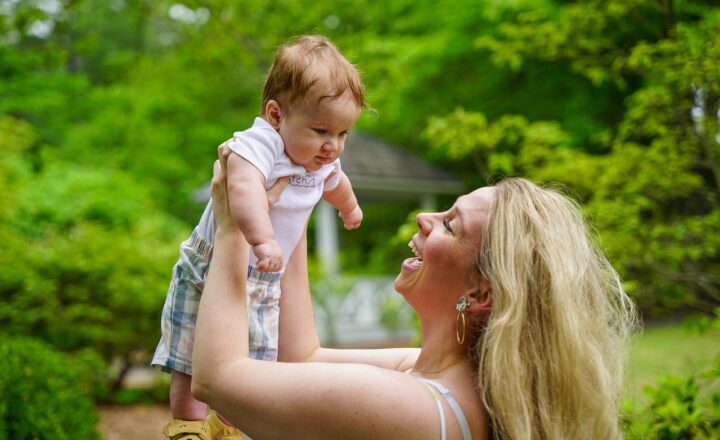
Adopting a pet is a profound decision that brings joy, companionship, and commitment into your life. However, while many people are drawn to the allure of puppies and kittens, there is a compelling case for opening your heart and home to older pets. Often overlooked due to misconceptions and age bias, adopting an older animal can be one of the most rewarding choices you can make.
1. Understand the Benefits of Adopting Older Pets
Older pets often come with a unique set of advantages that can enhance your experience as a pet owner:
– Established Temperament: Older pets have usually settled into their personalities, making it easier to find one that fits your home and lifestyle.
– Lower Activity Levels: Senior pets are often less energetic than their younger counterparts, making them ideal for individuals or families who prefer a more laid-back companion.
– Training Ready: Many older pets have basic training, which can save you time and effort spent on housebreaking or commands.
– Immediate Companionship: With a fully grown animal, you can more quickly enjoy their company as they’re often ready for love right away.
Knowing these benefits makes adopting an older pet an advantageous decision that can elevate your life.
2. The Misconceptions About Older Pets
Despite numerous advantages, older pets are often unfairly stigmatized. Let’s address some common misconceptions:
– Health Concerns: While older pets can have health issues, shelters usually provide veterinary care, including assessments for potential problems. Many senior animals still enjoy a good quality of life with proper healthcare and nutrition.
– Behavioral Problems: Some assume that older animals are set in their ways and difficult to train or bond with. In reality, they often respond well to love and positive reinforcement, adapting to their new environment quickly.
– Limited Lifespan: Adopting an older pet does not mean this companion will live only a few years. Many senior animals can live several more years with love and care, making them excellent companions during that time.
Recognizing these myths can help shift your perspective and enable more pet lovers to consider older pets.
3. The Joy of Knowing What You’re Getting
Adopting a puppy means anticipating what kind of dog they will grow up to be, which can be a gamble. Conversely, older pets have established personalities that allow you to choose one that suits your lifestyle:
– Energy Levels: If you prefer a more relaxed pet, you can choose an older dog or cat that doesn’t require as much exercise.
– Social Skills: Older pets often come with socialization skills, having been exposed to various environments and situations, which can alleviate concerns about behavioral training.
– Compatibility: When adopting an older pet, you can observe their interactions with different family members or other pets beforehand, ensuring compatibility.
This means you’re making a more informed choice when it comes time to adopt.
4. Saving a Life: The Importance of Shelters and Rescue Groups
By choosing to adopt an older animal, especially from shelters and rescue groups, you participate in important work:
– Filling an Essential Need: Shelters experience overcrowding, and older pets often receive less attention than their younger counterparts. Adopting these animals is a vital part of increasing their chances for a forever home.
– Showing Compassion: Many older pets have been through difficult situations before arriving at the shelter. By adopting them, you offer them a second chance for a loving home and family.
– Community Support: Participating in adoptions fosters stronger community support for local shelters, enhancing their ability to help even more animals.
Realizing the impact of your choice can resonate on a larger scale, helping not just that single animal but affecting the community involved with animal welfare.
5. Preparing for the Adoption Journey
Adopting an older pet involves some preparation:
– Visit Local Shelters: Spend time with older pets at various shelters. Building connections helps you understand their needs and temperament.
– Ask Questions: Engage with shelter staff about the pet’s history, health, and any special needs they might have.
– Home Readiness: Ensure your home environment is suited to your new companion, considering specific needs an older pet may have, like quiet spaces or easy access to food and water bowls.
Creating a supportive environment increases the chances of a smooth transition for both of you.
6. A Deep Bond Awaits
The bond you can form with an older pet is often profound. Older pets tend to have an immense appreciation for the second chance you’ve given them and may form strong attachments:
– Gratitude: Many older pets seem to appreciate and understand that they have been saved from a waiting room.
– Calm Companionship: The low-energy demeanor of older pets often leads to comfortable companionship through simple actions like cuddling on the couch or watching TV together.
In any case, the gift of adopting an older pet translates into shared memories and a loving bond that lasts a lifetime.
Conclusion: The Case for Older Pets
Older pets need love just as much, if not more, than younger ones. By choosing to adopt an older animal, you not only fulfill a vital need but also enrich your life with dedicated companionship and love. As you consider expanding your family, remember that age should not be a barrier to finding your perfect furry friend. Together, you can share joy, lessons, and love that will warm your hearts for years to come.








